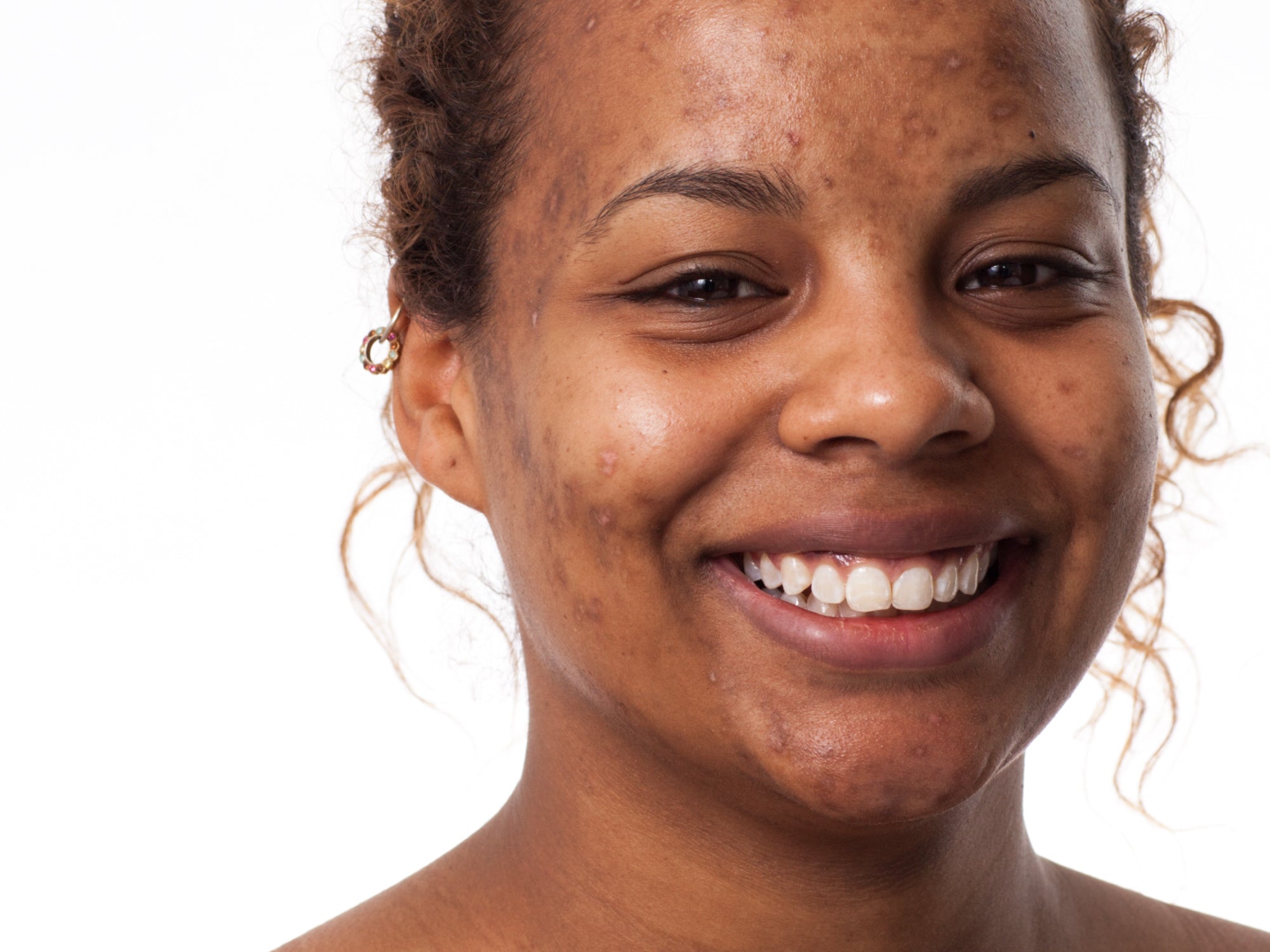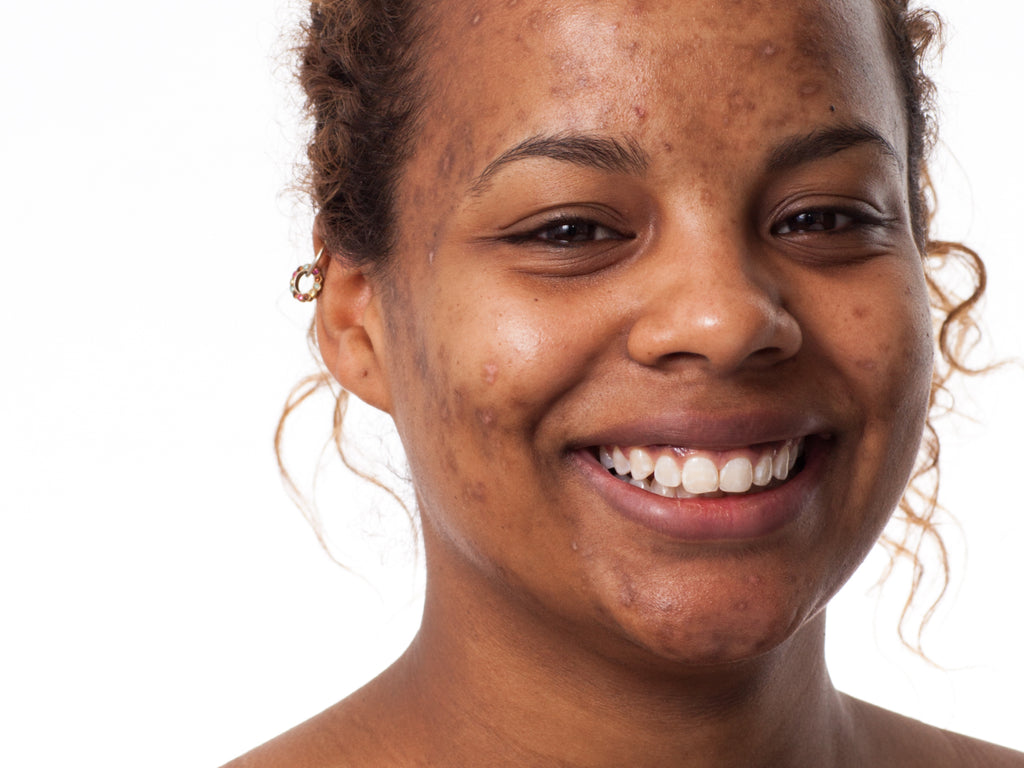Most post-inflammatory hyperpigmentation will eventually go away on its own without any treatment being necessary, but it’s important to acknowledge how distressing the condition can be, and how much people want it gone!
Although PIH doesn’t have any negative effects on physical health, it can affect one’s well-being; the majority of people of colour who visit a dermatological clinic do so hoping to even out hyperpigmented skin tone, for example. Safe treatments are infinitely preferable to bleaching products or unprescribed steroid creams.
Here are some good options for dealing with PIH:
1. Wait. Let time and your body’s healing mechanisms do their thing
2. Avoid making existing patches of PIH worse
- Keep out of the sun
- Cover up with high factor sunscreen, even if your skin is dark
- Cover up with a hat in full sunshine
- Avoid UV light
- Avoid further trauma to the skin
- Avoid topical corticosteroid creams
3. Keep your skin in good condition
- Use unperfumed, natural skincare that doesn’t inflame your skin
- Moisturise regularly
- Feed your skin with regenerative vitamins, minerals & EFAs
4. Find effective strategies to manage your eczema or acne, so you reduce inflammatory flares as much as possible
5. Don’t pick at spots!
6. Try some supplements.
7. Go to a reputable dermatological clinic and discuss your options for a course of treatment to improve the appearance of PIH.
These might include:
- Chemical peels
- Laser treatment
- Microdermabrasion
But please be aware that these same treatments (as well as steroid creams and bleaching products) can also cause the very issue that you’re trying to improve, so only ever use them under reputable supervision.
8. Consult your doctor if your PIH is affecting your well-being and you need some support.
For more information on post-inflammatory hyperpigmentation, see our blog Is There A Natural Treatment For Rid Of Post-Inflammatory Hyperpigmentation That Actually Works? or read Alaa Hassan’s personal experience of PIH in her article Post-Inflammatory Hyperpigmentation, Eczema & Me
Recommended products:
Balmonds Skin Salvation balm to nourish and moisturise skin during an inflammatory episode
Balmonds Daily Moisturising Cream for daily maintenance of dry or sensitive skin
Balmonds Rosehip Scar Oil for long-term application to improve the appearance of uneven or hyperpigmented skin tone
